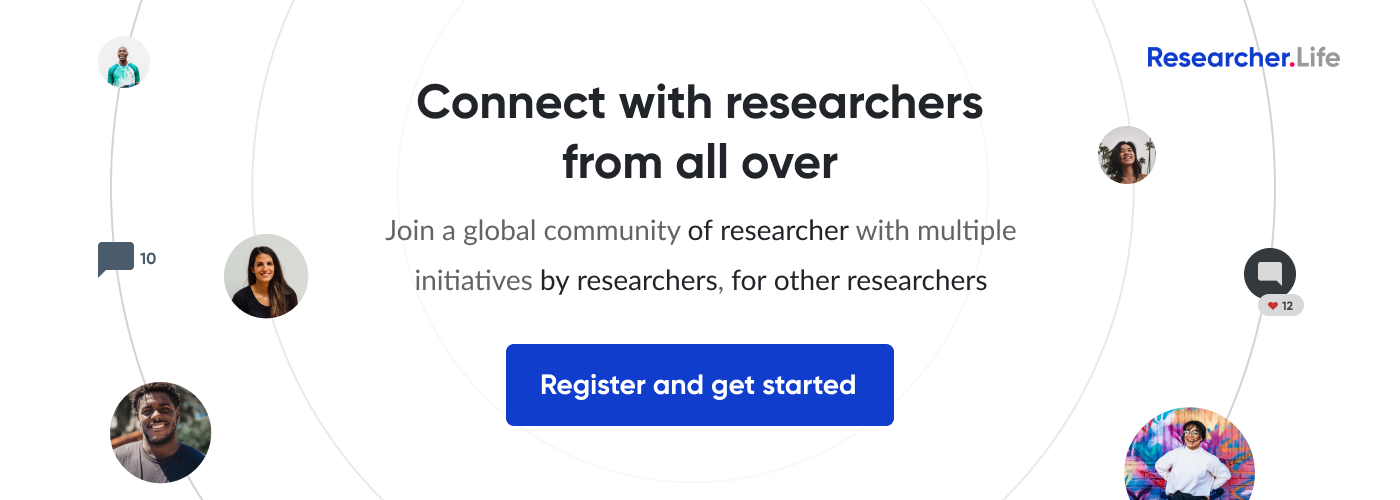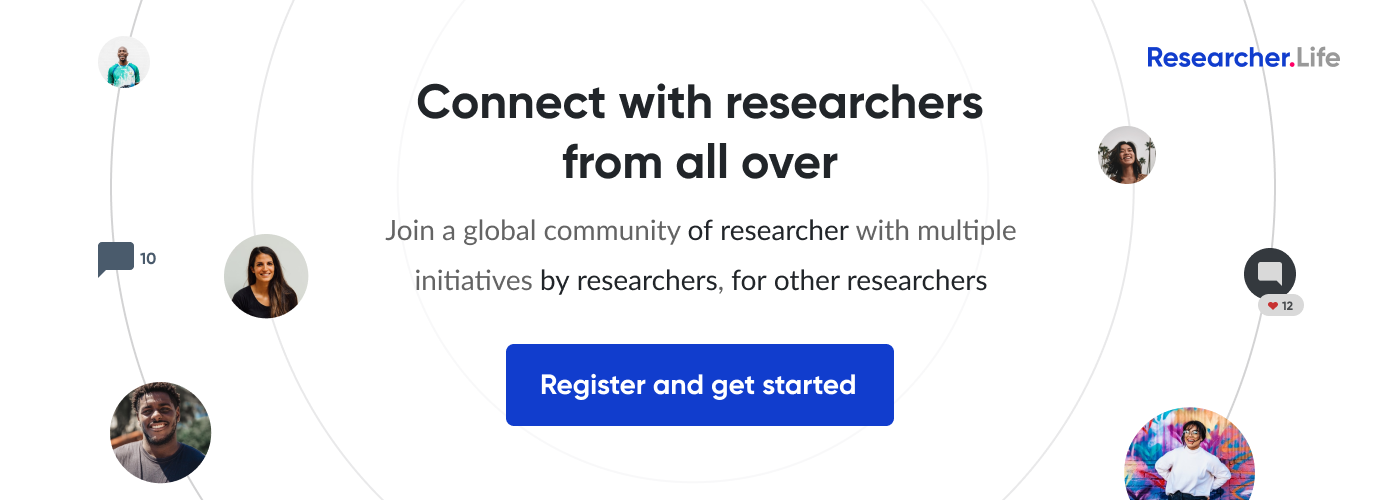Academic publishing and scholarly communications: Good reads, October 2017

The month of October began with a wave of excitement as the Nobel Prizes for 2017 were announced, keeping academics all over the world engaged in speculation and discussions. The latter half of October was also equally eventful with the celebration of International Open Access Week. In the midst of these events, did you miss out on some other significant news in scholarly publishing? If you did, we have you covered! This month's round-up includes a mix of varied topics ranging from academics questioning the threshold of statistical significance; the global release of Stephen Hawking's 1966 doctoral thesis; the introduction of a new approach to peer review; and much more! Happy reading!
1. Should statistical significance have a stricter criterion? A recently published article in Nature’s Human Behavior titled “Redefine statistical significance” by lead author Daniel Benjamin at University of Southern California proposes to change the “default P-value threshold for statistical significance from 0.05 to 0.005.” The paper’s 72 authors believe that existing low statistical standards for claiming the credibility of new discoveries is one of the key causes of the irreproducibility of scientific research. They suggest redefining the P-value threshold to 0.005 for declaring a new “statistically significant” discovery. The paper advocates that using p<0.05 to mark statistical significance of research could result in “a high rate of false positives” and thereby offer relatively weak evidence. The authors further state that research studies which are currently considered to be “statistically significant” but do not meet the new significance threshold should be deemed as either “suggestive” or as “ambiguous.” The authors have however restricted their suggestion to only those studies presenting new discoveries and have not extended it to replications of existing studies. In light of the buzz generated by this paper, the Brains Blog organized an online discussion that triggered a series of comments from a number of academics, including a few of the paper’s authors.
2. Stephen Hawking’s 1966 thesis breaks the Internet: International Open Access Week 2017 witnessed an exciting and historical Day 1 as Cambridge University opened the floodgates to Stephen Hawking’s 1966 doctoral thesis. As a result, anyone around the globe with an internet connection could freely access Hawking’s esteemed PhD thesis Properties of Expanding Universes at the click of a button. Explaining why he chose to make his thesis available to all, Stephen Hawking said, “By making my PhD thesis open access, I hope to inspire people around the world to look up at the stars and not down at their feet; to wonder about our place in the universe and to try and make sense of the cosmos.” Shortly after the thesis was made freely accessible, it became the most-requested item in Cambridge University’s open access repository Apollo. The phenomenal response to Hawking’s thesis led to “60,000 downloads in less than 24 hours.” The thesis which was made available on October 22 at midnight received so many requests for download that it resulted in the Cambridge University’s repository website crashing just a day later. Hawking hopes that his decision to provide unhindered access to his own work will inspire other researchers to make their work freely accessible as well.
3. Japanese academics worry about the future of science in Japan: The academics in Japan are worried because the country's research landscape is deteriorating and they are unsure of the future of science. Japan is known for its strong research background and groundbreaking advances in science and technology. In fact, it stands second in the world for the highest number of Nobel Laureates in the 21st century. However, the stakeholders of science in Japan believe that maintaining this record might prove difficult. Since the ruling government with Shinzo Abe as the Prime Minister has come to power in 2012, the science budget has decreased by 5% and the budget for universities has gone down by 1%. Moreover, the citation of Japanese papers is facing stagnation, while emerging economies like China are making great scientific progress. To help Japan gain foothold as a global scientific powerhouse, the government needs to increase science investment while giving prominence to basic research. Creating more jobs in the field of science and technology is another way of encouraging more students, academics believe. These, however, are not the only challenges the country's science and research faces. According to science leaders, the aging population presents a major problem as there may not be adequate working population in the coming years to maintain the pace of scientific advancement. As a result, they feel the government needs to consider attracting foreign talent to Japan.
4. Have predatory academic conferences outnumbered legitimate ones? In a recent THE post, James McCrostie warned that questionable conferences are outnumbering those organized by legitimate scholarly societies. Research led him to reason that the massive hike in predatory conferences has stemmed from an increased demand on researchers and PhD students to present at international academic conferences. Moreover, if presenting papers at conferences is used as a criterion for making employment and promotion decisions, many researchers are likely to be tricked by these conferences. Although the most active organizers seem to host these predatory conferences in major cities like London and Dubai, McCrostie said that one could “attend a predatory conference somewhere in Japan nearly every week of the year.” THE closely examined one such event conducted by a conference organizer known as “Waset” after they were approached by a source who attended one of Waset’s events. Although the event’s website was similar to those of legitimate conferences, the conference proceedings were crammed into two hours, with presentations on topics ranging from solar energy and robots to food safety. In addition, the source further stated that the conference had merely 10 attendees, all of whom incurred heavy financial losses under the guise of conference registration fees, transportation, and accommodation. With many similar conferences already scheduled until the year 2030, McCrostie has stressed the urgency of raising awareness about such predatory conferences.
5. A new peer review model “Results masked review” enters scholarly publishing: In this post, Jennifer Franklin (publisher of the developmental psychology journals portfolio at Elsevier) introduces a form of peer review that approaches a paper using a slightly different perspective. The Journal of Vocational Behavior follows what is known as a results masked review (RMR), which first examines a manuscript's research question and methodology in detail, but not its findings. In RMR, which occurs in two stages, reviewers are first sent the manuscript without the results, discussion, or conclusion sections and are expected to comment on the research question and the methodology employed. If the reviewers share a positive evaluation ("accept," in principle), the second stage commences where the full manuscript is reviewed. Explaining the logic behind this approach, Jennifer says, "As long as you have asked an important question and performed a rigorous study, your paper will be treated the same as any other." The idea is that such an approach will encourage authors to choose the right research question and set up a robust methodology. RMR is also expected to encourage reviewers to focus less on the findings (which could be manipulated or only positively reported).
6. Is the difficulty in recruiting reviewers influencing editorial decisions? Finding peer reviewers is getting increasingly difficult for some journals. According to a new study, this difficulty may also be negatively affecting the judgement of journal editors. Authored by Charles Fox, the current editor of the journal Functional Ecology, the study analyzed peer review data from nearly 52,000 reviews for 24,000 research papers in six journals. Fox reports that the more difficulty editors had in finding reviewers for a manuscript (measured by the proportion of review invitations that were accepted), the less likely the manuscript was to be invited for revision. Additionally, papers for which more reviewers declined the review invitation had lower scores, whereas the ones for which reviewers readily accepted the review invitations had higher scores. What is more, the ultimate decision to accept or reject a paper was not determined solely by the reviewers' assessment of the manuscript: the difficulty in recruiting reviewers is indicative of the editors' decision. In other words, manuscripts that finally received a rejection decision were those for which editors experienced more difficulty finding willing reviewers. "Editors may be biased, although subtly, against papers for which they have difficulty recruiting reviewers, either because they believe that difficulty recruiting reviewers is more informative about manuscript quality than it actually is or because they become annoyed at or frustrated by such papers," says Fox.
What an interesting mix of topics to think about! Do you enjoy reading such posts? We'd love to hear from you! Do write to us and tell us if you found these posts interesting. You can also share any thoughts you may have in the comments section below. If you’d like to stay updated about events in the scholarly publishing industry, follow our Industry News segment, where we share regular updates.
Published on: Oct 27, 2017
Comments
You're looking to give wings to your academic career and publication journey. We like that!
Why don't we give you complete access! Create a free account and get unlimited access to all resources & a vibrant researcher community.














